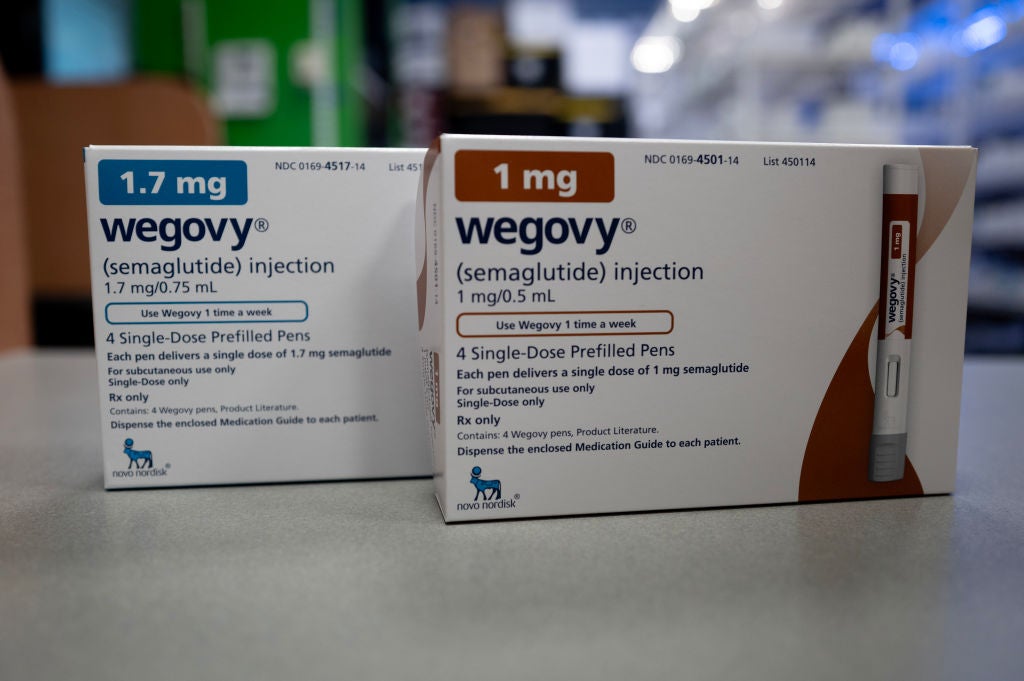Guinness is helping Wetherspoons thrive — so why is its own parent company Diageo struggling?

Changing consumer tastes are nothing new – especially when it comes to food and drink – but if you’ve been out in pubs or bars around the UK over the past couple of years, it’s likely you’ll have noticed a pint of the black stuff being a favourite again for many.
In short, Guinness sales are soaring. In fact, Wetherspoons cited the Irish stout as a “standout performer” allowing the pub chain to continue to open new branches and bringing in surging revenue that draught beer sales have notably contributed to.
With a world-famous brand performing so well you’d be forgiven for thinking the company which owns it would be smiling. But the complete opposite is true.
Diageo is the third-worst performer, in share price terms, in 2025 to date – down a whopping 29 per cent. Its chief executive left suddenly a few weeks ago. And there are further uncertainties ahead for an incoming CEO to deal with.
So what gives, and what’s stopping Guinness propel its parent company to growth in the way its doing so for some of the pubs which pour it?
The star among power brands and rapidly changing tastes
First, it’s useful to know the wider background of Diageo – a £40bn drinks giant that, even after a plummeting share price, still ranks inside the top 20 biggest UK firms on the London Stock Exchange. In terms of size, it’s around the same as NatWest, or twice the size of BT or Vodafone.
While it’s UK based in headquarters terms, it’s very much a global firm. It owns hundreds of alcoholic brands like Johnnie Walker scotch, Smirnoff vodka, Captain Morgan rum and Baileys liqueur. Those are the ones you might be familiar with from these shores, while in Asia, Latin America and other parts of the world, other brand names are just as big, just as important to the parent company’s bottom line.
Several years ago the company went big on “premium” brands, in line with customer tastes and trends, exacerbated during lockdown when people spent a bit more on a nice drink at home.
The first problem was that post-Covid, tastes and behaviours changed.
We’ve known for some time that younger people in the UK have stopped drinking anywhere near as much alcohol as previous generations didhat’s. T mimicked in many parts of the world where either alcohol isn’t the go-to for drinks or else new types of beverages are in fashion.
Add in the fact that there have been recession fears and lower consumer spending in many nations and those premium drinks have been swapped by many for cheaper alternatives.
Tariffs and tablets
Those are ongoing problems for the alcoholic drinks industry, but 2025 seems to have brought another level or two of issues to deal with.
Firstly, Donald Trump’s tariffs in April caused chaos for everybody. But given many types of drinks can specifically be produced only in certain parts of the world, the vague notion of “produce your goods in America instead” simply isn’t feasible for, say, champagne makers.
After those first announcements, Diageo estimated tariffs would cost them $150m (£112m) but the company saw it as a “manageable challenge, anticipating that half of the impact can be absorbed without price increases,” said Chris Beckett, head of equity research at Quilter said at the time.
Months later, there still remains uncertainty about which nations are paying exactly what tariffs on individual prices – the EU, for example, still hope to get an exemption for spirits exports to the US included beyond their 15 per cent basic deal.
Even more caution is noted by some due to an issue Diageo can have zero control over: weight-loss pills and injections.

One of the UK’s leading fund managers, Terry Smith, said earlier this year he sold his entire stake in the company over fears the “entire drinks sector is in the early stages of being impacted negatively by weightloss drugs”, as well as concerns over management.
On the other hand, another star name in the industry, Nick Train, told ii he felt it “implausible” that it would be the case worldwide to such an extent that a company the size of Diageo ultimately lost out.
Recovery starts at home
First of all, a new chief executive is required.
Debra Crew was one of just 13 female CEOs of FTSE 100 firms but she faced an uphill battle all the way after taking over from the late Sir Ivan Menezes in 2023.
Verushka Shetty, equity analyst at Morningstar cited “mismanaged inventory in Latin America, missed targets and tariff headwinds” as three key issues which need overcoming, while Dan Coatsworth, investment analyst at AJ Bell, says a new chief executive “will have to bring new energy to the company”.
Until that happens, interim boss Nik Jhangiani faces the task of cutting costs and potentially offloading a few parts of the business to reduce the debt load, until a path back to growth can be mapped out.
One thing though is for sure: while pints of Guinness might be being bought more than ever before, the brand itself absolutely will not be for sale as Diageo bid to halt a three-year slump in fortunes.
